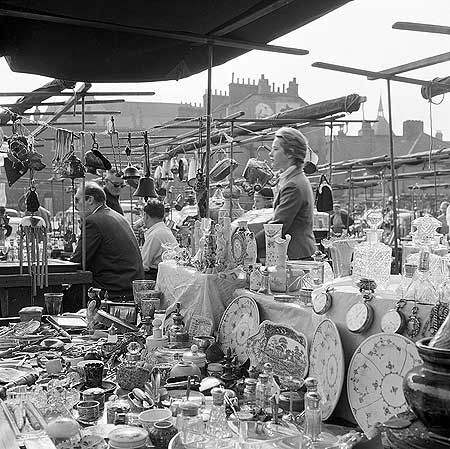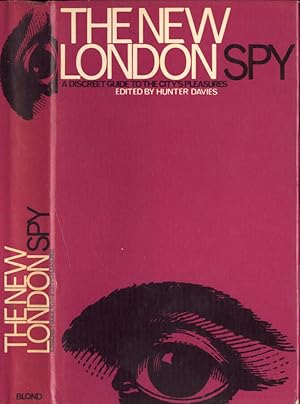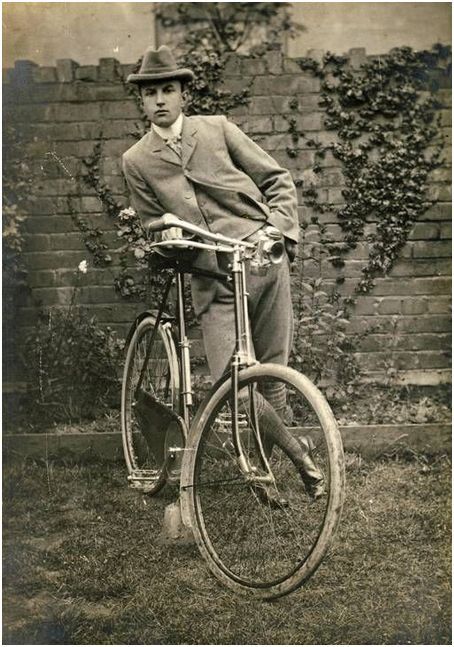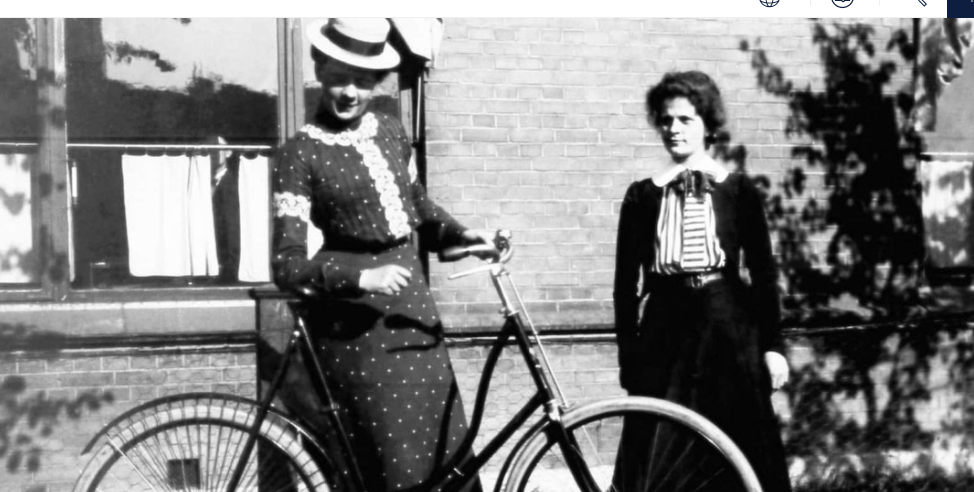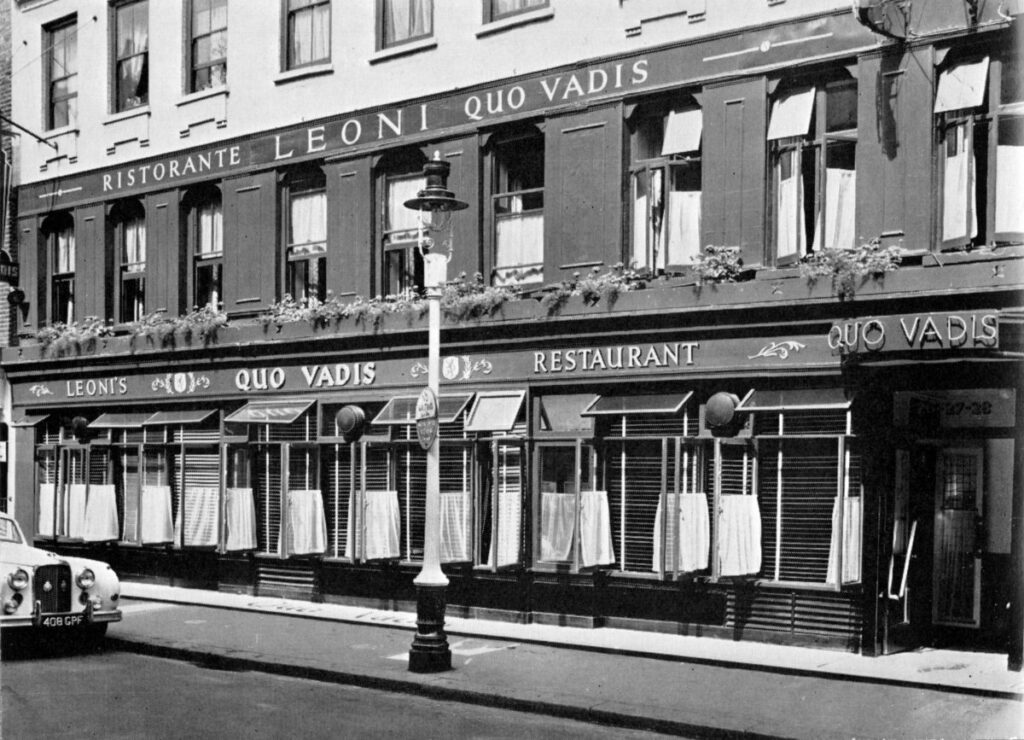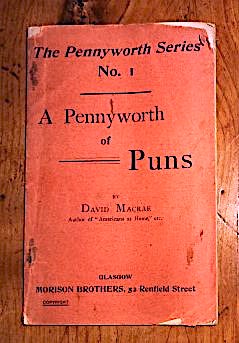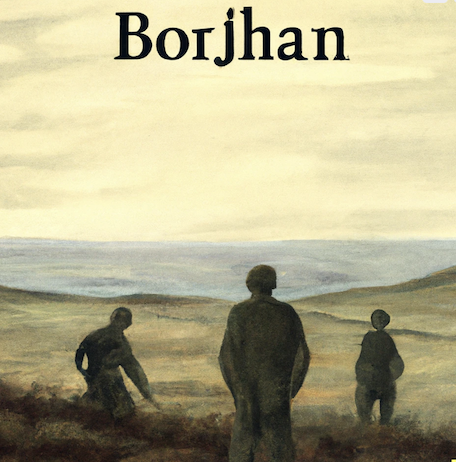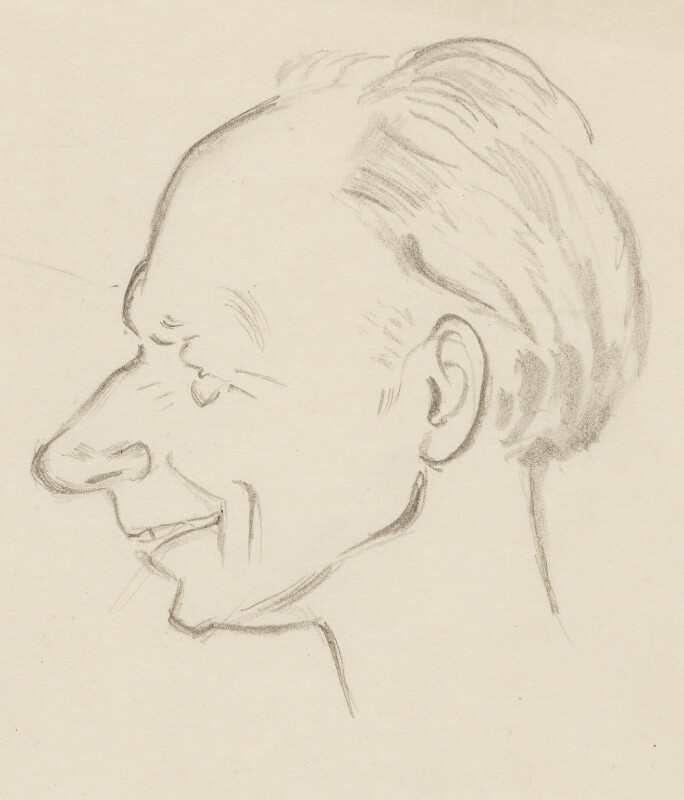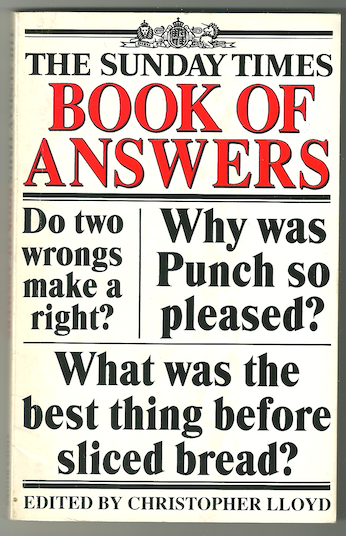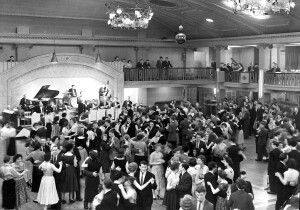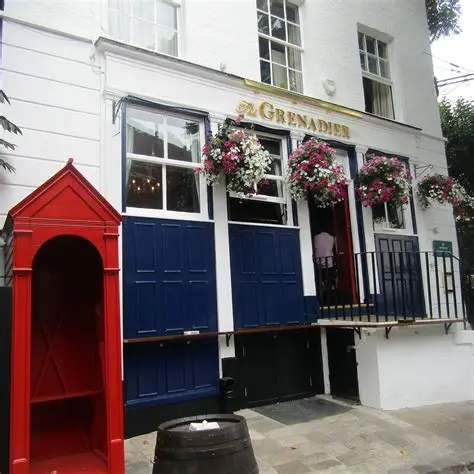
Inspired by The New London Spy (1966)
The Grenadier, Wilton Row.
‘ This serves very decent food, far better than the average pub meal ( though naturally priced accordingly) .It does have a great deal of physical charm, in a particularly nice setting. Its connection is more to do with the Duke of Ellington than with the Grenadier Guards ( though a Colour Sergeant is detailed to pose for the inn sign whenever it needs repainting, and the barmen wear mess jackets). It used, in fact, to be a mess for the Duke’s officers , and Duke himself is alleged to have played cards there.’
Today, the pub is owned by Sir Jim Radcliffe, the chemical engineer who became boss of INEOS and is now the major shareholder of Manchester United. It was Radcliffe’s favourite pub and it was here that he and his friends planned from scratch the Grenadier car that bears the name of the pub, which he bought from Greene King in 2022. Madonna and William, Prince of Wales have been recent customers. The pub is said to be haunted by a subaltern nicknamed Cedric who was beaten to death for cheating at cards in 1818.
The London Spy was correct about the price and quality of the food served here. Dishes from the main menu are still expensive, like all pub meals served in Mayfair, but the food is very appealing. Starters range from £10 to £16.25, while the ‘famous Beef Wellington comes in at a bargain £39.95.
The Star Tavern, Belgrave Mews West.
‘…This belongs to no clique that can actually be pigeon-holed, but you get the impression that if the master-minds behind the Great Train Robbery ever used a pub, it would be one remarkably like the Star. There is the atmosphere of discreet opulence about the place, and inevitably a Jaguar or two outside…’
Well, rather bizarrely, the speculation of 1966 regarding criminal activity, is repeated as fact by those marketing the pub today. According to this:
‘ Bruce Reynolds, who coordinated the robbery, regularly drove his Aston Martin from his Streatham home to meet (Buster) Edwards and one or two other members of the gang in The Star to go over details during the run up to the robbery…’
Arty pubs
Queen’s Elm, Fulham Road. Chelsea.
‘One of the most famous ‘ arty’ pubs in Chelsea is the Queen’s Elm, where the importance of the customer can be gathered by the way he is greeted by the landlord, who will rush forward if he is a famous novelist or actor, but who will also—let it be said—cash a cheque for the odd poet ( Patrick Kavanagh, the Irish poet, used the pub when in London).’
Alas, the Queen’s Elm no longer exists, having closed its doors in 1990s.It is now yet another clothes shop. The publican referred to in the New London Spy was the Irishman Sean Treacy, who was one of those rare creatures, a chronicler of his own pub. To one commentator, his memoir, A Smell of Broken Glass was a ‘ masterpiece’. To another writer the pub was a refuge for those barred from the Chelsea Arts Club. The film director, Joseph Losey, liked the place and used it as a location for ‘The Servant’ (1963), which starred Dirk Bogarde.
Finch’s ( aka The King’s Arms), Fulham Road.
‘ Finch’s is slightly less pretentious than the Queen’s Elm, and is excellently staffed …It is patronised by actual painters and sculptors, Frank Bowling and Elizabeth Frink, for instance. There is also a hard core of regular locals, being the kind of place you could return to after ten years in Tangier and be sure of running into people you used to know in Finch’s in the old days.’
Today, there is a reference in the online entry to ‘ thespian hell-raisers ‘ ( whatever that means) in the sixties when this pub was known as Finch’s, which is perhaps the reason why the owners decided to drop this name and return to the King’s Head. It is now a pretty standard Victorian pub with the usual period fittings. There are no references to Liz Frink and Frank Bowling, whoever he was.
Continue reading
